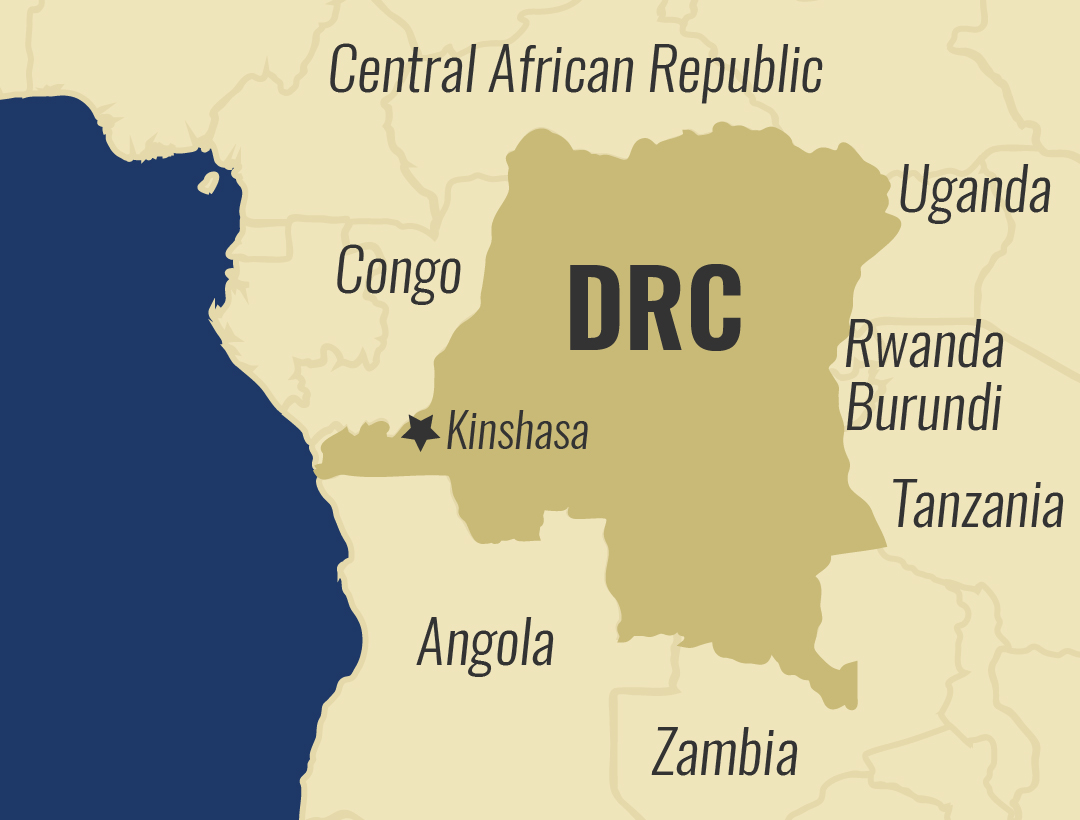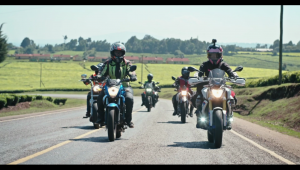Faces of Africa – Valley of a thousand dreams
Every year, the world’s top canoeists come together to tackle Dusi Canoe Marathon in KwaZulu Natal, South Africa. Started in 1951, the marathon attracts between 1600 and 2000 athletes each year.
It’s a grueling and arduous competition that takes three days to cover over 120 kilometers. It starts at Camps Drift in Pietermaritzburg on the uMsindusi River and ends in Durban.
The race is covered in three stages known as K1, K2 and K3.

This first stage is 42 kilometers long and extends from the uMsindusi River through to Dusi Bridge, with 15 kilometers of having to carry the canoe through the countryside.
The second stage is a grueling 46 kilometers long and extends from Dusi Bridge to Inanda Dam, with a flat-water paddle across the dam, which is about 11 kilometers long. In this stage, the confluence of the Mgeni River and the uMsundisi River which flow through the Valley of a Thousand Hills creates an added challenge that demands experience and expertise.
The third and final leg of the race starts from Inanda Dam. It is 36 kilometers long and ends in Blue Lagoon. It includes a 10 kilometer flat-water paddle across the dam.

Though famous and successful, it was not until 1981 that black canoeists were legally allowed to participate in the race.
“Previously, canoeing was just for white people only. When you saw a black man coming and doing canoeing, you know, we could see that there is an opportunity for the black people as well to get involved,” told Artwell Mhlophe – Nagle Dam Superintendent.
Robert Lembete was an early pioneer for black paddlers and was one of the black paddlers to race the Dusi. His passion for the sport led him to establish the Lembete Canoe Club – the first canoe club that catered for black paddlers.
In 2008, Thulani Mbanjwa, a Zulu paddler from the valley’s community went on to win the Dusi race alongside Martin Dreyer a long time champion. They won the race in a record time that still stands today. It was the first time in the race’s 50 year history that a black paddler had won.

“Crossing that finish line was a massive relief of just that we’d finally done it and we had won – record time. Guys like Michael Mbanjwa had a huge impact in the community and in the valley,” told Martin Dreyer – Founder, Change-A-Life Academy.
In 2008, Martin founded the Change- A -Life Academy with the objective of giving support to talented black paddlers. The academy is based at the Nagel Dam in the Valley of a Thousand Hills and works together with the Lembete Canoe Club to develop talent.
“These youngsters don’t have much. There’s not much that happens in the Valley of a Thousand Hills, I mean, there’s huge unemployment. Taking part in the Dusi is the key to launching themselves whether it’s to get a bursary through education or to getting incentives or prize money which can change their lives,” told Martin.
One of the exemplary young paddlers is Mphilo Zondi.

“He’s got incredible talent. He’s got a great ability to run super-fast. He’s got a very sound head on him, he can think in sticky situations to make the right decisions… So much so that non-stop Dusi which is where you do the whole three days of Dusi in one day – this year he won it overall with his friend Mthobisi Cele. Such a youngster, 19 years old, to pull off a 90 km paddling, 30 kilometers running canoe race – I think he is a bright star for the future,” told Martin.

The Change-A-Life academy is a testament of hope for the young canoeists along the Valley of a Thousand Hills.
“Black people used to play football but here in this Valley it’s not about football only. Kids are being developed in all areas. The sport (canoeing) has taught them how to be disciplined so it’s all about respect, commitment, dedication and what you want to achieve in life,” told Artwell Mhlophe.





